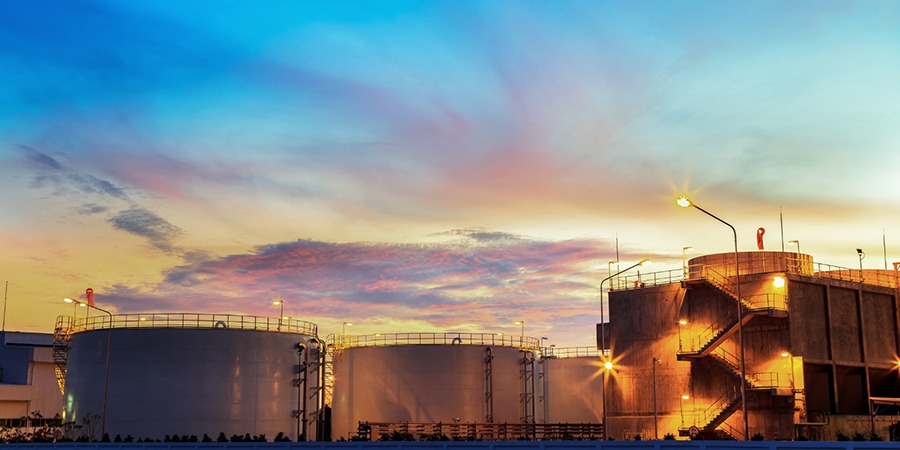For TSA members, supporting industry and collaborating with government to achieve the UK’s decarbonisation targets is very much in the spotlight.
The future of bulk liquid storage will reflect a broad mix of solutions, sustainable aviation fuels will form part of the future fuel mix.
Stopford said: “Stopford is working with our clients to develop low carbon fuels, which provide a ‘drop-in’ replacement for fossil fuel derived kerosene (jet fuel). We are pleased to have the opportunity to share with the TSA the development of an SAF in progress.
Stopford partners with Clean Planet Energy (CPE). CPE is a UK company that delivers proprietary ecoPlants designed to convert non-recyclable waste plastic into ultra-clean fuel. CPE & Stopford have recently presented at DAVOS Energy Week and are also involved in COP26.
CPE’s ecoPlants use a process called thermocatalytic pyrolysis which, in addition to its commercially tested and patent pending hydroprocessing upgrading process, achieve the shift from low-value pyrolysis oil properties into premium-grade, ultra-clean and negligible sulphur fuel.
Stopford said it aims to build strong and long-term partnerships with local authorities and the private companies “to enable us to grow quickly and sustainably and reach our goal of processing 1 million tonnes by 2027.”
Stopford on behalf of CPE carried out a greenhouse gas (GHG) emission study, and the findings demonstrate the CPE manufacturing process will result in a 47 percent reduction of GHG’s for all liquid hydrocarbon products compared to that of conventional fuels.
“The study also identified well-to-tank potential GHG savings of 330 percent (416 kg CO2e/barrel) and for Well-to-Wheel GHG savings of up to 78 percent,” Stopford added.
Sustainable Aviation Fuel (SAF) low carbon fuels are defined as ‘fuels that provide high greenhouse gas lifecycle savings (>60 percent) when compared with their fossil equivalents’.
SAF are chemically identical to fossil-derived kerosene but are produced from different raw materials and processes. As of September 2020, around 270,000 flights have been made using sustainable aviation fuel.
Estimates suggest that they could mitigate between 5 percent and 30 percent of carbon dioxide (CO2) emissions from UK aviation by 2050.
For more information visit www.stopford.co.uk














